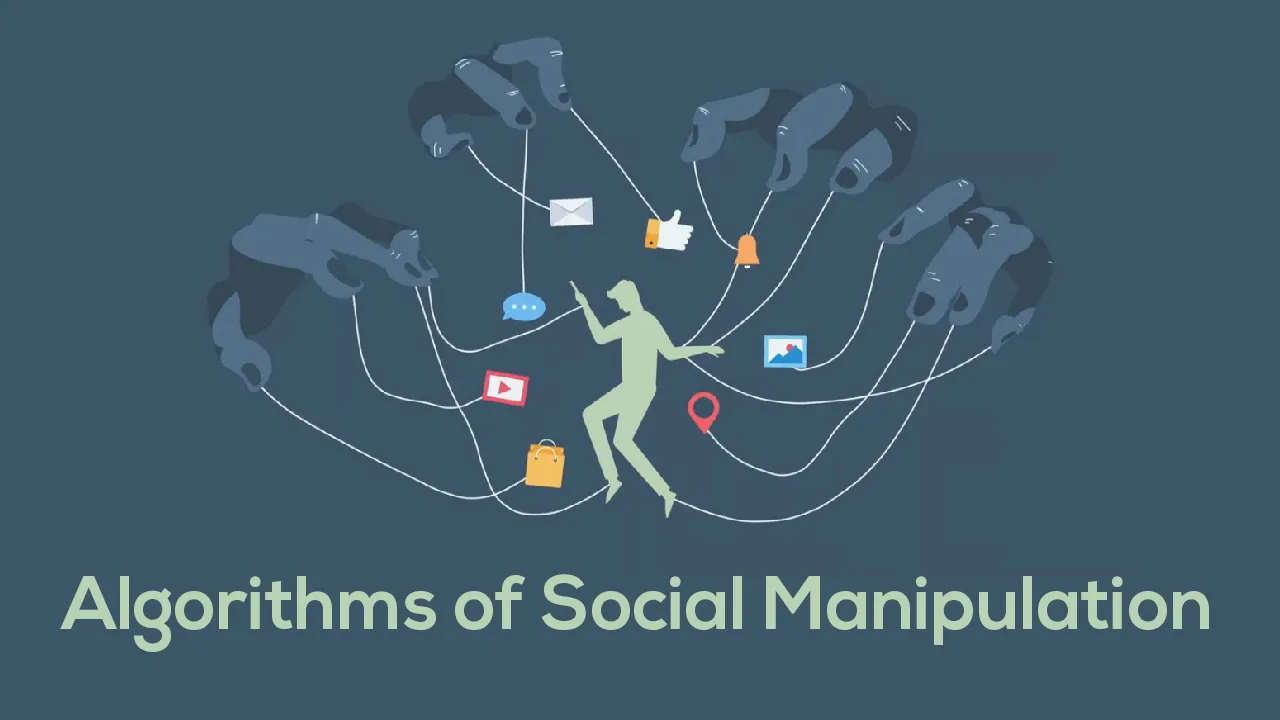Do you know how your apps work? Are you aware of what tech companies are doing in the back with your data? And what’s more revealing: do you know which of your action are actually influenced by those apps? When you take a trip with Uber, buy stuff on Amazon, or watch a movie on Netflix: when are you consciously deciding and when are you being heavily influenced?
Tech companies are not passively observing your behavior and acting as a consequence: they are influencing your behavior, so you become more predictable. By conditioning your actions, companies can predict outcomes in a better way and know better what to sell you.
Every breath you take
Systems and apps make use of the massive amount of data, like users’ locations, maps, browser’s interests, and data streams, coming from mobile and wearable devices, in an era of unprecedented power for firms who are no longer merely appealing to our innate desires, but programming our behaviors.
The site True People Search probed the privacy policies of 11 of the biggest tech companies in the world to find out exactly what they know about us, and the result is scary. It’s not the information you are used to sharing (e.g., your name or email address), but all the information you wouldn’t consider sharing that makes this frightening. Big tech companies record data like income level, political and religious views, credit card information, your calendar events, all your search history and visited websites, and all the content you viewed or engaged with.
Uber stores massive amounts of data from its users, including their location, gender, spending history, contacts, phone battery level, whether they are on the way home from a one-night stand, and even if they are drunk or not. Uber has also experimented with its drivers to determine the most effective strategies for keeping them on the road as long as possible.
In order to place the right content in front of the right people, Netflix logs everything you have ever watched and how you watch: every time you click, watch, search, play, pause, what programs you consider watching but choose not to, and when you’re most likely to rerun a show. To better identify users’ preferences, content is categorized into tens of thousands of micro-genres and then paired with a user’s viewing history. Everything you see on Netflix is a recommendation: the rows, the titles in those rows, and the order of those titles within the rows are all deeply considered.
But Amazon is a data powerhouse taken to a whole new level. They capture absolutely everything, from your product searches, what you look at but don’t buy, what you look at next, how you pay, how you prefer your shipping, your interactions with Alexa, or your requests to Echo. And the shocking thing is the level of detail they store: they capture what device you use, how many items you subsequently clicked on after selecting a product, your location, and the reading sessions and exact time of day for each tap on your Kindle device.
For Amazon, every mouse click and every twist and turn through its websites, apps, and platforms are commodities that carry huge value.
When Amazon convinced third-parties to sell their items via their own marketplace, data collection skyrocketed and allowed the company to see way beyond their eyesight: they can now access any market they’ve ever wanted to and see how customers behave in each one of them.
#2020 oct opinions #algorithms #amazon #ethics #google #netflix #search
